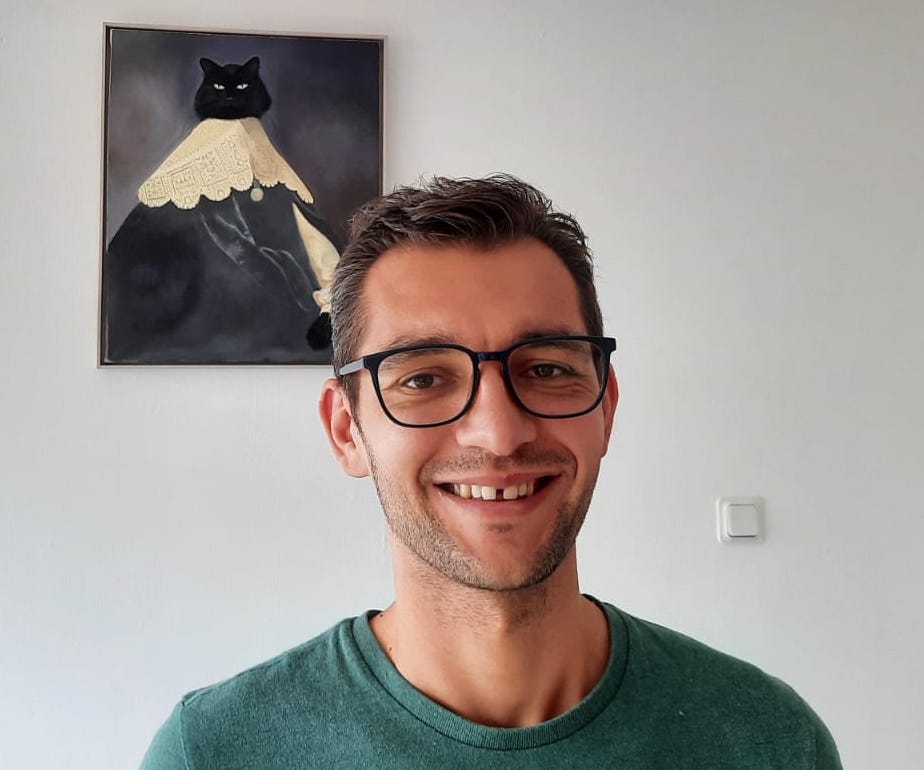Rethinking imago Dei between Darwin and Artificial Intelligence: A case study of progress in theology
Is progress possible in theology? The history of imago Dei interpretations arguably points in that direction. By analyzing how the Christian understanding of this biblical notion has changed in response to shifting philosophical paradigms, the emergence of evolutionary science and, more recently, artificial intelligence, this paper argues that it is possible for theology to make progress. Depending on the chosen level of description, such progress can be regarded as either marginal or even vital.
Theological anthropology can be a more promising ground than theology for testing claims of theological progress because, historically, our understanding of humans changes at a much faster pace than our understanding of God.
The concept of imago Dei is central to theological anthropology, but how to define the image of God has never been completely clear or agreed upon. In response to the evolving philosophical and scientific knowledge of human nature, the definition of the imago Dei has nimbly adjusted. Up until a century or so ago, the dominant view had been that the divine image signifies a certain, uniquely human, intellectual capacity, which renders us like God and unlike the animals. However, since Darwin, such a view – also known as the substantive interpretation – became increasingly less palatable. Instead, some interesting alternatives emerged.
The historical-critical approach to biblical studies, on one hand, inspired a functional interpretation of the imago Dei. This regarded the covenantal relationship between God and humans as heavily imbued by the royal ideology of the ancient Near East: the image is not about how humans are, but about what they can do. (Gerhard von Rad). The relational turn in philosophy, on the other hand, sparked a relational interpretation of the image of God, one that saw the relationship itself between humanity and God as the imago Dei (Karl Barth).
Recent developments in AI hint at a possible future where all these interpretations might be challenged. Machines could not only match or surpass our intellectual abilities (substantive), but also do everything that we do (functional) and engage in similar kinds of relationships (relational). In response, theological anthropology is shifting yet again, this time towards a performative interpretation, which defines the imago Dei as an attitude of conscious orientation toward God and other humans, and which is also theoretically open to including conscious robots within its scope (Anne Foerst, Karen O’Donnell).
Although the understanding of the imago Dei has changed significantly from Patristic times to the age of AI, its most important aspects arguably remain unchanged throughout all the proposals: the image still describes an intimate connection between God and humans, it still marks a way in which humans are profoundly special (though perhaps not exclusively), and it still illuminates the way toward human flourishing.
An elegant solution to the above puzzle, of how theology visibly changes but essentially stays the same, is Benno van den Toren’s distinction between doctrine and theological theory. Whereas doctrine operates at the level of description of ineffable, intuitive theological truths, theological theory deals with the logical articulation of such truths in conversation with philosophy and science. Doctrine remains unchanged, while theological theory is evolving continuously.
The story of the imago Dei sets an illustrative example of what kind of progress is possible in theology. On one hand, such progress is always marginal from the point of view of what is relevant for human flourishing and redemption: we cannot expect to find out anything completely new in what concerns the essentials of knowing and experiencing God. On the other hand, as our world becomes more complex and our philosophical and scientific tools more sophisticated, so does our theological theory. We can learn a lot, theologically, from reflecting on the unfolding of history and the world around us. The new theologies, informed by such reflection, are vital for the kind of attitudes that we exercise toward each other and the world. Progress in theology is thus paradoxically both marginal and vital.

Marius Dorobantu is a theologian working at the crossroads of religion and science. In 2020 he completed a PhD in ethics (Univ. of Strasbourg), exploring the potential implications of human-level AI for the theological notion of human distinctiveness. His current project, funded with a “Diverse Intelligences” grant from the Templeton World Charity Foundation, is entitled ‘Spiritual Intelligence: Psychological, Computational, and Theological Approaches.’

